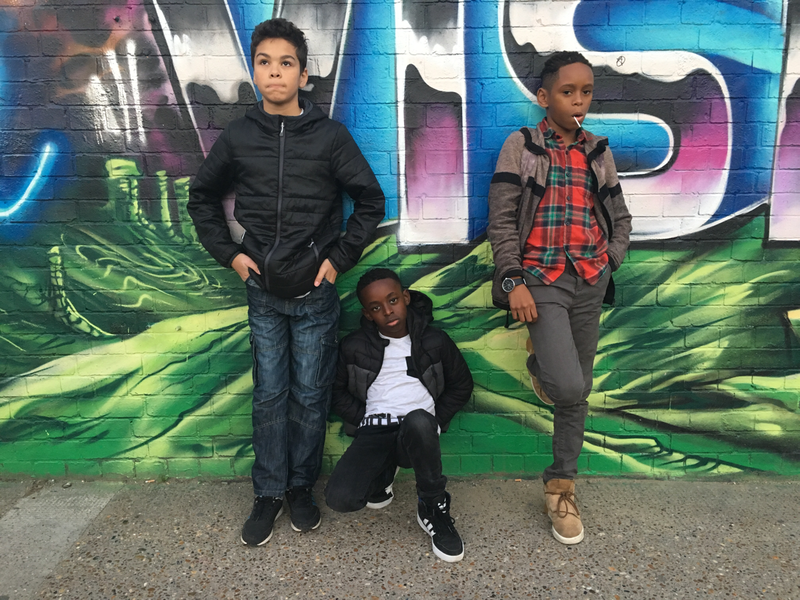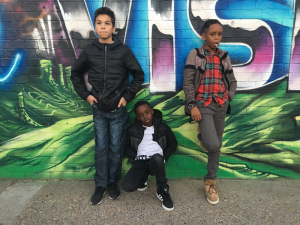
 Over the last 3 decades, teachers across the UK have seen the rise of a unique urban youth culture, that has changed the landscape of the ‘school experience’. As such, schools are doing their best to adapt; ensuring their service is fit for purpose.
Over the last 3 decades, teachers across the UK have seen the rise of a unique urban youth culture, that has changed the landscape of the ‘school experience’. As such, schools are doing their best to adapt; ensuring their service is fit for purpose.
With schools and youth services creating fantastic opportunities for young people, ‘Generation Z’ is the most heard, most served, and most expressive youth of all generations yet. (Of course, benefiting from the opportunities created for and by Generation Y – the largest generation ever recorded).
As we compare our personal schooling experience with current schoolers, we also (often by force) understand that today’s youth culture is fluid, forever changing from one age group to the next.
This fluidity also reflects a young person’s life and their journey from adolescence to adulthood. A teacher’s pet today can tomorrow, be triggered by what seems like a hair on a camel’s back. By not considering the consequences in a moment of miscommunication or embarrassment, a young person’s future can be changed by the flip of a switch. Especially when we allow our own emotions and decision-making, to dance to their beat and get wrapped around their little finger of defensiveness, insecurities, and self-sabotage.
As young people go through the frustration (and exploration) of puberty, we educators must remember to stand firm in what I call ‘professionalism with love’. By ushering in our mentoring and coaching techniques during this time of transition, can learn about and understand young people; without being like young people.
We then, prevent shouting matches with Chloe or Chanel in the corridor and no longer turn a blind eye to obvious abuses of power from Mrs. Chamberlain or Mr. Dunne. After all, we grow not from defeatist leaders or limited mindsets, but from clear boundaries, high expectations, and witnessing the characteristics of healthy individuals.
Standing beside adolescents as they go through their physical, emotional, and social changes requires our ability to model emotional resilience. Teaching young people that ‘survival of the fit, only the strong survive’ (not the Mobb Deep version!).
So, when a student is tired in period 2 (she went to bed late after babysitting her siblings till 9pm, then doing her homework till 12am…then woke up early to ensure her brothers had breakfast before she dropped them off at school); we must ensure her tiredness and frustrations do not invoke our own.
And when a year 11 lacks motivation (he procrastinates in revising and choosing a post 16 options… probably because he fears change and the thought of personal success, when his family has seemingly failed), we should not allow his lack of motivation to discourage us from ‘seeing’ his full potential.
We’d be wise educators to adapt our mindsets and empathise with the fact that ‘the struggle is real' for many young people. By modeling integral standards, we become an unmovable force that cannot be swayed during an emotional storm. A rock that can be relied upon when the most vulnerable need a place of refuge, a shelter from the hardships of life, and a service that is simply, fit for purpose.
Written by Elaine Thomas, The Mentoring Lab, Founder Ceo
Copyright 2021. All rights reserved.